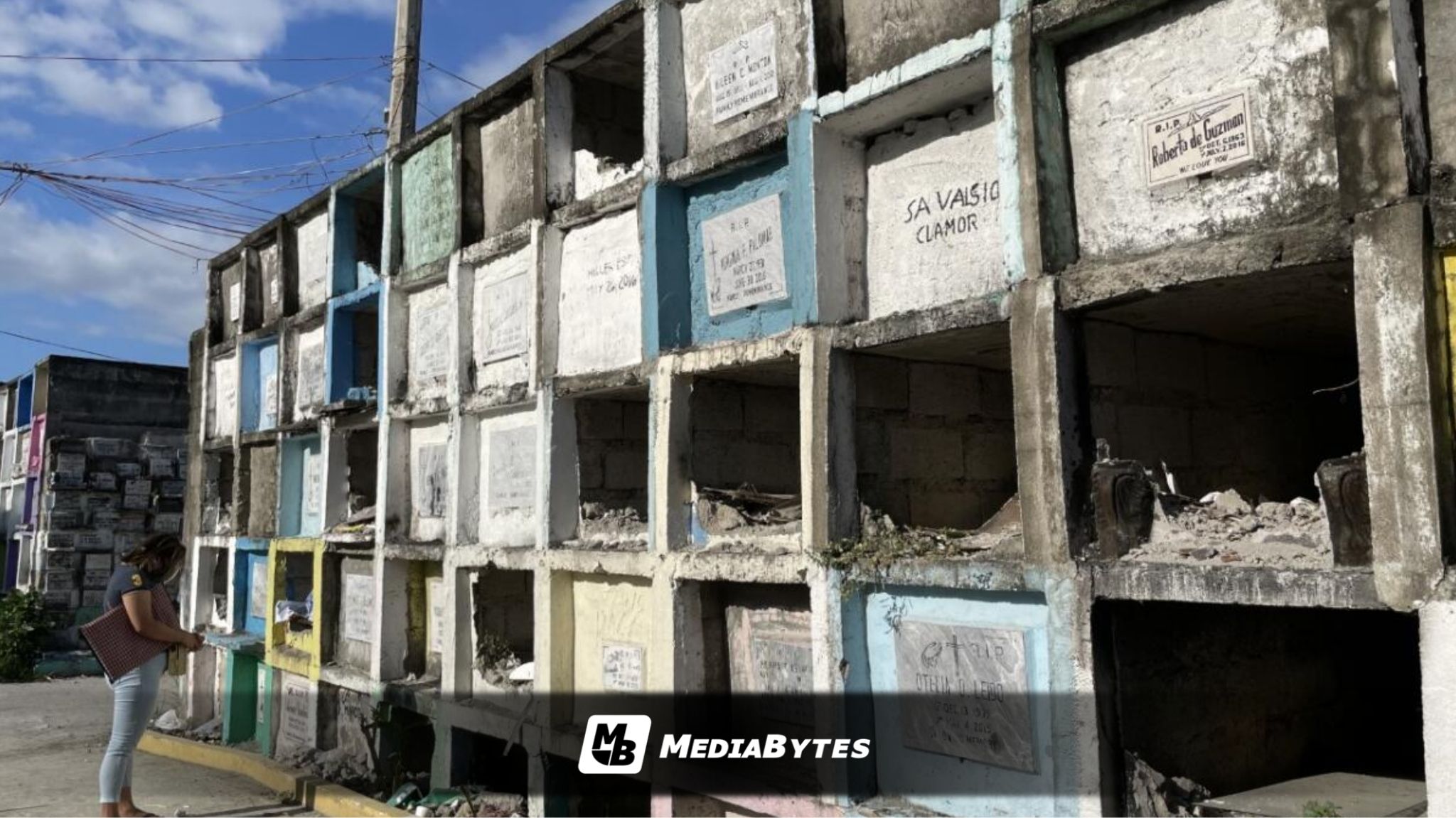The Free Funeral Service Act is now officially a law, providing assistance to poor and underprivileged families who cannot afford funeral expenses for their departed loved ones.
Malacañang confirmed on Monday, October 13, that the measure had lapsed into law even without the signature of President Ferdinand “Bongbong” Marcos Jr.
Palace Press Officer Undersecretary Claire Castro, in a text message to the media, verified that Republic Act No. 12309, also known as the Free Funeral Service Act, became law on September 28. This happened after the President did not act on it within the 30-day period provided by Article VI, Section 27(1) of the 1987 Constitution.
“The President shall communicate his veto of any bill to the House where it originated within 30 days after the date of receipt thereof; otherwise, it shall become a law as if he had signed it,”
— Article VI, Section 27(1), 1987 Constitution.
Under Section 6 of Republic Act 12309, the following requirements must be presented by a claimant or beneficiary:
- A valid identification card
- A death certificate issued by a hospital, municipal health office, or certification from a tribal leader
- A funeral contract signed by the deceased’s representative, the funeral establishment, and an authorized DSWD personnel
- A social case study report prepared by a registered social worker
Section 7 of the law designates the Department of Social Welfare and Development (DSWD) as the lead agency for implementation. The DSWD will work in coordination with funeral service providers across the country.
“The DSWD [Department of Social Welfare and Development] shall be the lead agency in the implementation of this Act and shall engage the services of funeral establishments in the country. The Department of Trade and Industry (DTI) shall monitor and regulate the current market prices of funeral services, including the price of caskets and urns, to prevent undue or excessive price increases.”
The DSWD has 60 days from the law’s effectivity to draft and issue the implementing rules and regulations (IRR).
“The DSWD shall promulgate the implementing rules and regulations within sixty (60) days from the effectivity of this Act,” as stated in Section 11.
Meanwhile, individuals or establishments proven to have falsified documents or exploited the program may face fines ranging from ₱200,000 to ₱500,000, as stipulated in the law’s penalty provisions.



